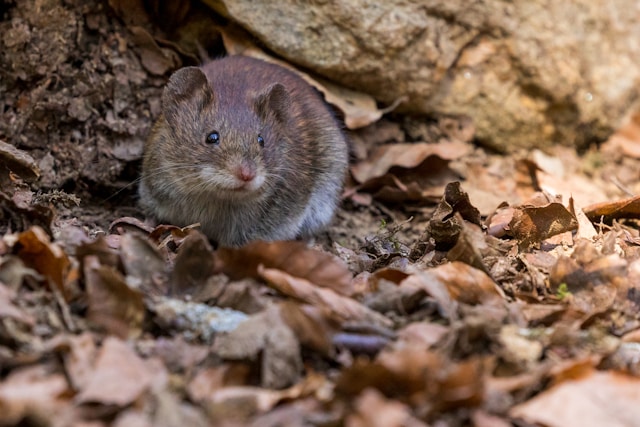The Isles of Scilly Wildlife Trust reports successful eradication efforts, with no new mouse sightings since October 31.
Wildlife experts have confirmed there have been no further signs of mice on St Agnes, one of the Isles of Scilly, following an intensive eradication operation launched at the end of October. The Isles of Scilly Wildlife Trust, in collaboration with the Royal Society for the Protection of Birds (RSPB), has been on high alert after probable evidence of a mouse was discovered on the island.
Since the initial discovery on October 31, the Wildlife Trust and RSPB have been working tirelessly to prevent any damage to the island’s fragile ecosystem, particularly its population of storm petrels. These small seabirds are highly vulnerable to predation, and the presence of mice could have disastrous consequences, as they are known to prey on bird eggs, threatening the species’ survival.
Embed from Getty ImagesThe ongoing efforts to monitor the situation have been part of a comprehensive strategy, which includes increased surveillance of the area and a gradual reduction in the use of rodenticides, a key tool in preventing rodent activity. The Wildlife Trust plans to scale down operations over the coming weeks, with the aim of ceasing them entirely by the New Year.
According to a spokesperson from the Isles of Scilly Wildlife Trust, there has been no further evidence of mouse activity since the original signs were detected on October 31. “We are monitoring the situation closely and adapting our response on a weekly basis to ensure we continue to protect the biodiversity of St Agnes,” the spokesperson said. The response has been in line with the St Agnes Biodiversity Plan, a framework designed to safeguard the unique wildlife of the island.
Mice were previously eradicated from St Agnes in a concerted effort to protect the island’s native species, including the storm petrels. With their eggs at risk, the eradication of mice and other rodents is seen as a crucial step in maintaining the balance of the island’s delicate ecosystem. The RSPB has long supported these measures, recognising the significant threat posed by invasive species to the survival of native bird populations.
With no new signs of mice and the operation continuing to show positive results, there is optimism that the storm petrels will remain safe and the island’s wildlife will continue to thrive. However, experts remain cautious, continuing to monitor the situation closely and ensuring that all necessary steps are taken to protect the island’s biodiversity in the future.
